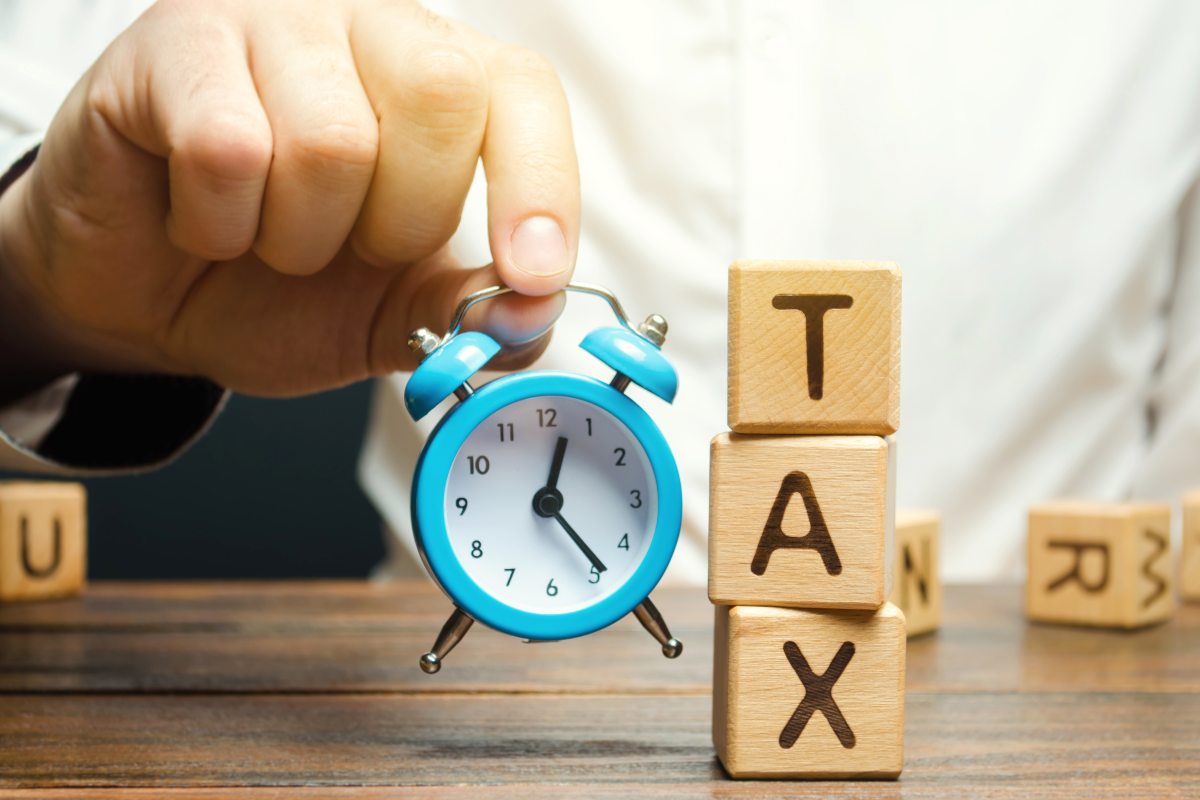Everyone wishes to have a happy and financially safe retirement. And pension is the key to achieve and leave this dream. The more you get from a pension, the better your retirement can be. However, different types of taxes impact your final pension amount.
Due to the excess taxes, you may get way less amount than expectation after retirement. Thus, avoiding or minimizing pension taxes is crucial for setting a successful retirement and estate plan. When looking for estate planning solutions, you should also pay attention to pension tax management.
We have decided to help you with this and make your estate/retirement planning worthwhile. Here is a quick guide to avoiding and reducing taxes on your pension.
Avoiding Taxes on Pension Distribution

It is mandatory for employers of almost all pension plans to withhold 20 % of the lump-sum retirement distribution of an employee when he/she leaves their company.
However, this tax hit can be avoided by making a direct rollover of the entire amount to an IRA rollover account or another qualified plan. If you fail to roll over the funds of your lump-sum distribution, you may have to pay unnecessary taxes on a portion or all of your best pension plan.
If you want to avoid tax hit completely, it is suggested that you contact your banker, employer’s retirement administrator or investment representative, before receiving your pension distribution.
With the help of your banker or investment broker, you can set up a rollover IRA account. Once your IRA rollover account is set up, notify your pension administrator of the company about transferring your lump-sum distribution directly to your new IRA rollover account or qualified plan.
Once your lump-sum retirement distribution is rolled over directly to an IRA account, your pension funds will not be taxed until some time in the future once you start withdrawing from that rollover account.
While this is a proven way to avoid taxes on your pension distribution, we have also listed some tips from experts that will help minimize your pension taxes.
4 Effective Tips for Minimizing Pension Taxes

1# Understand Your Tax Bracket
When working on retirement or estate planning, it is important to know your tax bracket thresholds and accordingly minimize your tax burden. You must understand what tax bracket you have and where the cutoff points are.
Generally, it is assumed that a higher bracket causes a higher tax rate for all your income. But this is not the case. When your income nudges are over and done with a bracket threshold, only the income past the threshold will have higher tax rates.
2# Stay In Lower Tax Brackets
One of the best ways to minimize pension taxes is to reduce your expenses, so you have to withdraw less from retirement accounts. This usually helps you to stay in a lower tax bracket. Staying in low tax brackets as much as possible would help keep your taxes low.
One of the effective ideas to lower expenses is to move to a less expensive region or a smaller house, where you need to spend less money on daily needs. You can also analyze your current spending habits and identify things that can be changed to minimize your annual living expenses.
3# Consider Tax-exempt Investments
Tax-exempt investments are considered an excellent solution to reduce taxes on pension and other retirement income.
Especially, if you are in a high-income tax bracket, it is wise to consider tax-exempt investments, such as exchange-traded funds, tax-exempt mutual funds, indexed universal life insurance, etc.
When invested in tax-exempt mutual funds, you may get a low return rate, but the after-tax return you receive will be more than you receive with other investment options.
4# Prioritize Withdrawals
Prioritizing your withdrawals can also help to minimize pension taxes to a great extent. For instance, if you have both traditional IRAs and Roth retirement plans, you may prefer withdrawing from Roth plans first to avoid entering into the next bracket.
However, make sure to withdraw a minimum amount from your traditional IRA or other plans. Once you reach the age of 70 ½, you should take minimum distributions from SEP-IRA, IRA, retirement plan accounts, or SIMPLE IRA. You don’t need to withdraw minimum distributions from Roth IRAs.
3 Mistakes To Avoid with Pension

Several common mistakes may cause you to pay high tax rates and have fewer pension benefits. If you want to make most out of your pension, ensure to avoid these mistakes.
1. Unfamiliarity with RMD’s (Required Minimum Distributions)
When you reach age 70 ½, you will be required to take distributions from traditional IRAs or other formal retirement plans that you have.
The minimum distributions you must withdraw is determined based on your age and account balance on Dec 31st of the prior year. As you age, you are required to withdraw a higher percentage of the remaining amount, for every year you age.
Many people don’t know these required minimum distributions, which leads to paying additional and unnecessary taxes.
2. Improper IRA Rollover
With proper IRA rollover, you can ensure the tax-deferred status of your retirement income and assets, without paying early withdrawal penalties or current taxes at the time of transfer.
However, doing the IRA rollover wrong may cause you to pay additional taxes. Thus, it is important to rollover your funds appropriately when you leave an employer or company.
3. Ignoring the Advantage of IRAs
Many people tend to be confused about IRA’s and thus miss its advantages. The general assumption is that one can’t invest in IRA’s if he/she has a retirement plan at work.
This might be true or false, depending on your income. You may be eligible to fund the IRA, and you may even know it. Or you may also fund on behalf of a non-working spouse.
On a Final Note!
As pension is your main income source in the retirement age, you need to take every step carefully. A proper pension review is a must in order to know the taxes and identify ways to minimize them.
The above tips and information will greatly help you get the maximum benefit from your pension. However, it is wise to look for expert advice or consult with a financial advisor.
Read Also:
- 11 Types of Tax Incentives & How They Differ in Their Functionality
- 4 Reasons Why Estate Tax Planning is Essential
- 3 Handy Tips for Handling Tax on Investment Income
Author Bio: Vatsala is a passionate writer, and SEO executive at Chetaru-International Digital Agency. Beyond search engines, she is best at expressing her thoughts and informative stuff in articles. She is always keen to learn and apply new things in her professional and personal life.
















